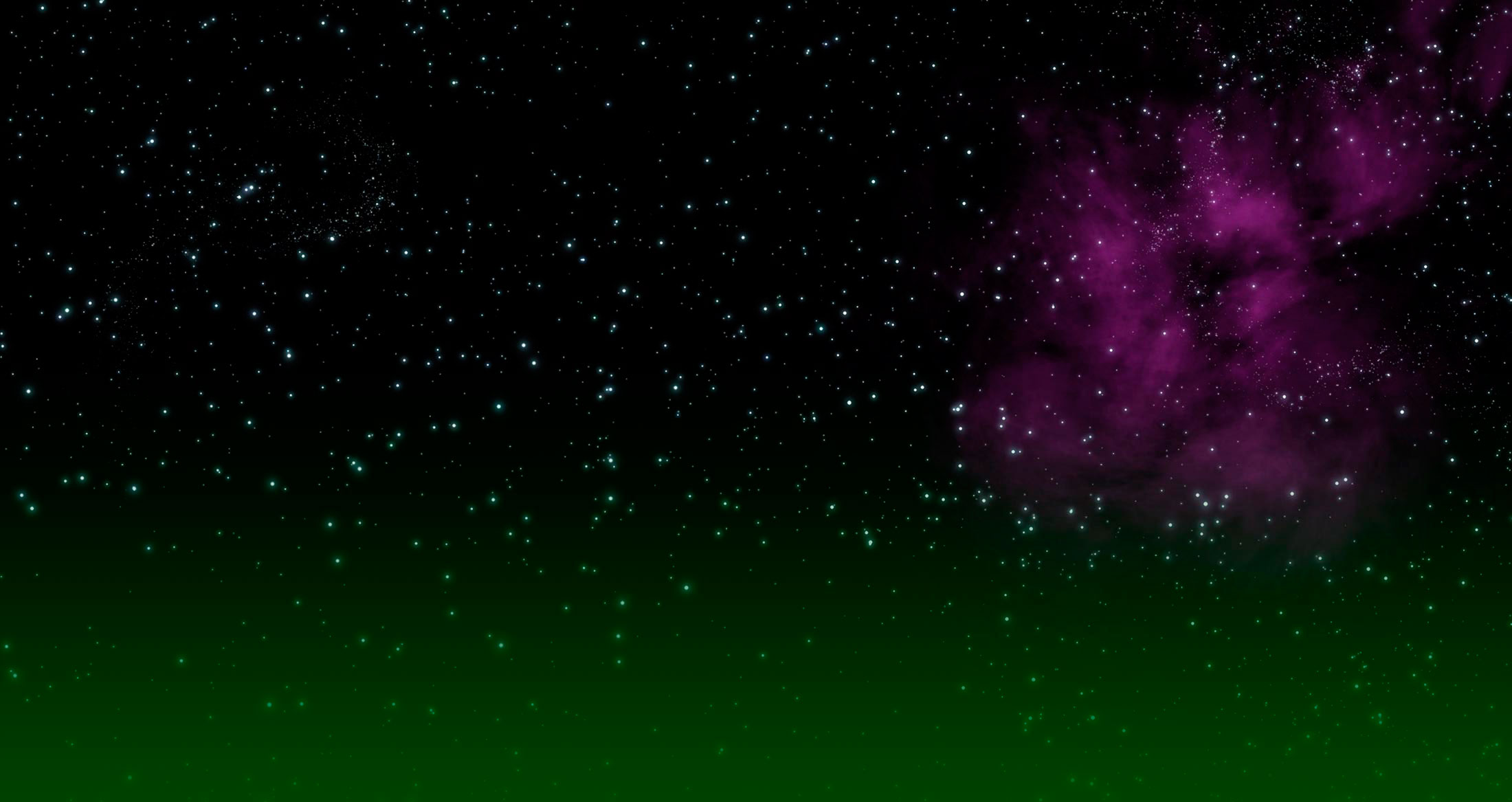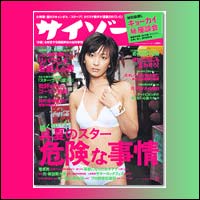Japanese print media, although often more lurid than its American counterparts, tends to try to maintain the politest possible relations with the various public relations and management firms who handle the entertainment properties they do press on. This is generally not press in the way that Americans think of press, because we like to maintain the illusion that our press is free and honest and not slave to advertising interests. Japanese magazines routinely run articles by publicists and managers for approval before going to press. Generally, it is expected that a movie rep, for example, will correct any factual errors and try to remove spoilers and perhaps suggest any talking points they would prefer not be left out. In the case of the new Star Wars movie, however, the Lucasfilm reps have far overstepped the more standard levels of censorship or correction. They have excised any real analysis of Star Wars: Episode III – Revenge of the Sith. Critics have had to pull references to everything from political analogies to myth archetypes in their articles about the film. Magazines were told they would not have rights to run promo photography from the movie if they did not comply with all demands. This essentially means that the movie can’t be talked about in any meaningful way in the Japanese press. Enter Hiroto Kobayashi’s Cyzo magazine. Hiroto Kobayashi started off as the editor of Wired Japan, which he helmed until the parent magazine was sold to Conde Nast. Cyzo in print and on the web was launched to have a magazine which was a bit more free to truly speak to the people, to make access to information in Japan less restricted. This month it blew wide open the Star Wars censorship story, which previously had only been discussed in film critics’ blogs online.









